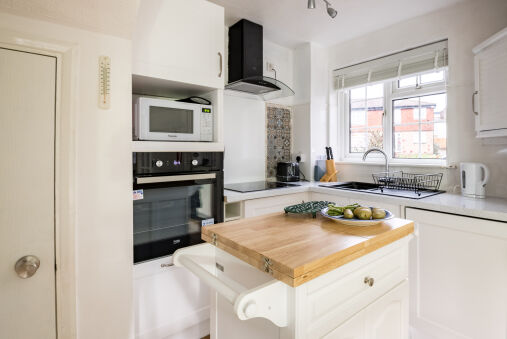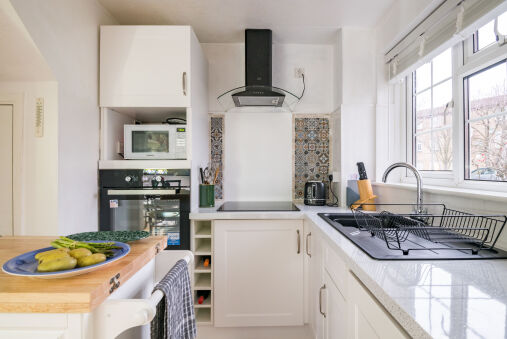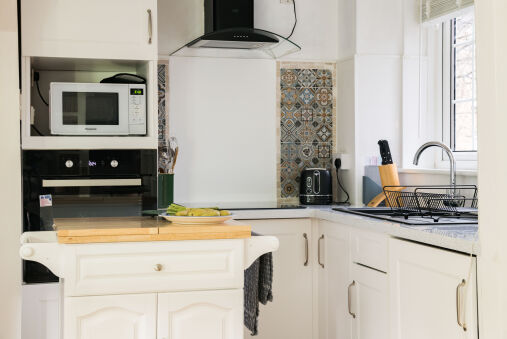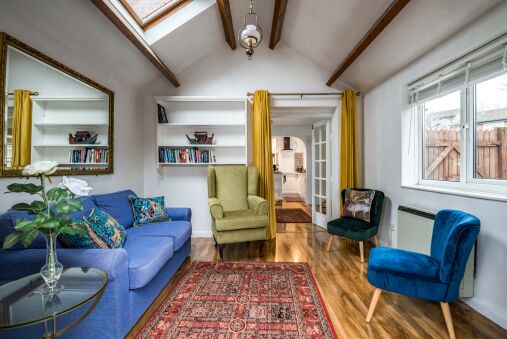About Us
How to earn without working
T.S Eliot once said “Home is where one starts from”. Our greatest adventures in life often start from our own homes, yet when we’re buying or selling a home we often ignore the potential for our greatest assets to also earn us income. Our homes do not just start adventures; they can pay for them too.
Hosting a short-term stay yourself through websites like Airbnb can be hard work, and it’s almost impossible to do it properly when you are out of the country. Marketing, preparation, handling enquiries, cleaning, changing the sheets – all on top of welcoming guests, responding to any issues and having to sort your home again when you return. And then there’s the fact that if you do it yourself you won’t necessarily have the right insurance in place should anything go wrong.

That’s why the rise of Airbnb, and the sharing economy in general, has led to the growth of companies that enable people to hand over their keys, go away to the snow-topped Alps or sun-drenched Mediterranean beaches, and earn bonus money while they away. The homeowner doesn’t have to work and can travel with the peace of mind that everything is taken care of while reaping the rewards.
So, how does it work and how can you make the most of it?
Step 1: You’ll make more if you aren’t too greedy
Just as every parent thinks their kids are the smartest or cutest, every homeowner thinks that their home is the nicest. So nice, in fact, that surely guests should be paying much, much more to stay there.
The key to earning more actually lies in not being too greedy on a per night basis. Asking guests for an extra £20 a night might not seem a huge amount, but that’s an extra £140 for a week-long stay and it could lose you bookings.
We often see homeowners who are more competitively priced on a nightly basis earn more overall than homeowners who put themselves out of reach.
And not only will you take more bookings, you’ll also receive longer ones – meaning lower turnover, more stayed nights, and much more income per guest.
Step 2: Make sure you’ve got the whole stay managed
Some companies offer bolt-on support services for a stay: a check-in here, a cleaning there. This approach still leaves you with ultimate responsibility – so if anything happens, be prepared to take care of things.
And surprising things do happen. I had the pleasure of fixing a boiler in a home on Christmas Day last year while the homeowner was enjoying their time in the Pyrenees.
If you’re looking to partner with a company who offers to take care of everything, ask them how they would respond in that situation. Their answer will let you know how much they’ll really take care of for you.

Step 3: Work with a company that has the right processes
This is a bit more technical, but it’s important.
Almost every time there is a high-profile “Airbnb disaster” it’s because the host didn’t do something right. Just as a hotel has processes before they check someone in, you should ensure your home does too.
Good companies that manage stays for you will ask guests to verify themselves and submit ID in advance & then check it again on arrival to ensure the guests are the same people who made the booking. They will also provide 24/7 on-call service so they can handle any guest issues for you throughout the booking and provide a full clean after each stay.
You should also check that they will take a security deposit (£500 or more) and provide full, direct insurance so just in case something happens, they can deal with the claim and not leave it up to you. It’s incredibly rare that you’ll ever need either of these, but they’re invaluable if you do.
Step 4: Think about what your guests are looking for
The details in your home matter. Guests want to stay in lovely homes with lots of nice touches, from good toasters and coffee machines to a comfy sofa and well-styled rooms. By thinking about what will make your home special, guests will be much more likely to leave you a review worth writing home about.
Guests also want to stay in homes that have already received good reviews so they don’t find any surprises. So if you make sure the first stays are well managed and receive good reviews, more bookings will come.

Step 5: Plan ahead
The average length stay in a whole home is one week (and some bookings last more than a month) so you’ll have a much better chance of earning income if you are away for longer periods of time. If you can go away during higher demand periods like summer and New Year’s Eve you will also find many more people interested in staying in your home.
But to benefit from these your home needs to be out there earlier than you might think. More than half of bookings are taken over a month in advance, and longer bookings are made even earlier.
Planning for summer trips is already well underway so if you want to earn income from your home in 2017 you should look to get up and running soon.
About Merilee Karr
Merilee is the CEO & founder of UnderTheDoormat, which manages homes in London when their owners are away, earning them extra income effortlessly by letting them to carefully selected guests.
UnderTheDoormat enables homeowners to benefit from opening their homes to guests – with none of the risk or hassle or doing it themselves – and to provide guests with the comfort of a home and the professional service of a hotel. For more information please visit underthedoormat.com



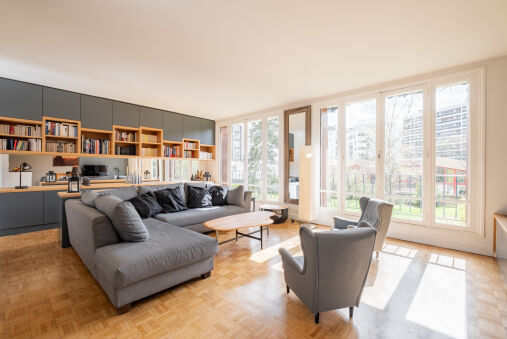
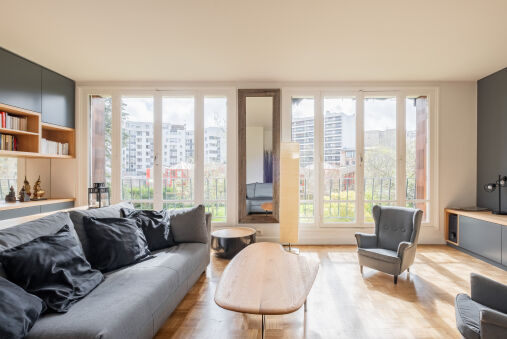
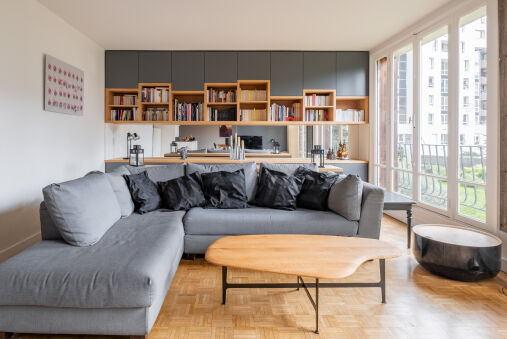
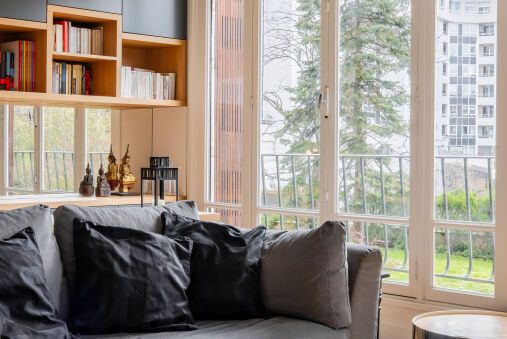
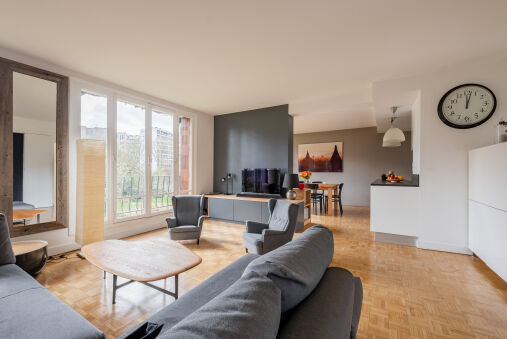
 paris
paris